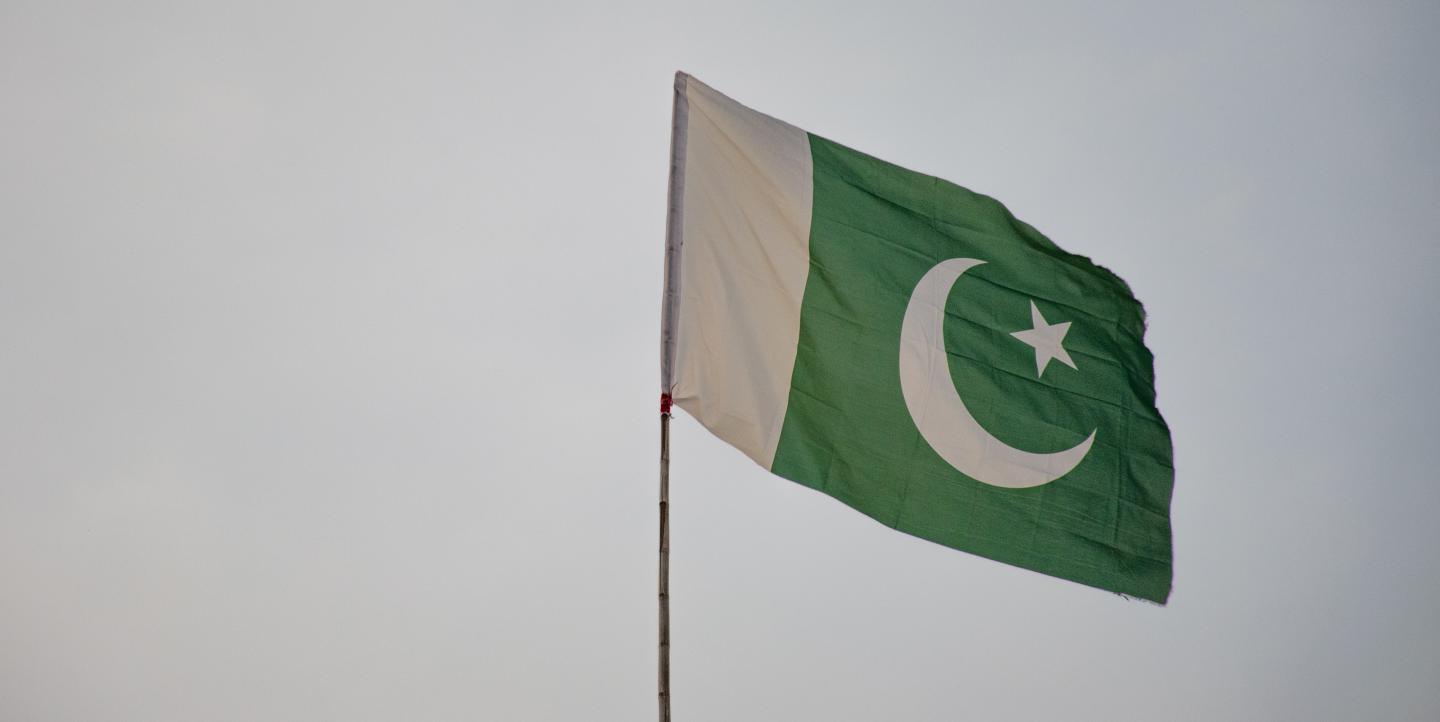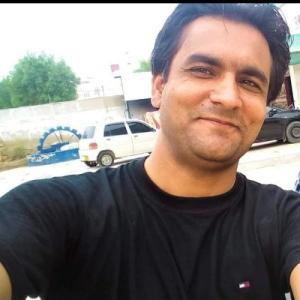Journalists in Pakistan today face a wide array of safety risks due to the nature of their work. They contend with death threats, abduction, assault, violence and intimidation. Between 2002 and 2022, 90 journalists were killed in the country, including five last year alone, according to a UNESCO observatory report.
A culture of fear and self-censorship has become entrenched as a result, limiting coverage of critical issues such as human rights violations, corruption and political repression.
The poor state of press freedom in Pakistan presents an urgent need for action to protect and promote the work of journalists and civil society activists. Here’s what Pakistani journalists have to say about the risks they face.
Attacks on journalists
Despite guarantees of freedom of speech, expression and the press in Pakistan’s constitution, legal and institutional barriers frequently prevent journalists from carrying out their duties.
According to Article 19 of the Constitution, press freedom is "subject to reasonable restrictions imposed by law” for reasons of national security, defense, or religion. Interpretations of the Article have led to limitations on press freedom for reasons of offending decency, morality, or the official religion, Islam.
Meanwhile, abductions, assaults, harassment, arbitrary arrests, and even killings of journalists have been on the rise. Pakistani authorities have also increased pressure on editors and media owners to silence voices critical of the government.
In October 2022, 49-year-old TV journalist Arshad Sharif, who reported critically on the Pakistani government, was shot and killed by police in Nairobi in what the police called a case of “mistaken identity.” Pakistani investigators determined it was a "planned assassination,” however. Sharif had been living in exile after fleeing the country to avoid being detained on charges of sedition. His family alleges that the government was involved in his murder.
In April 2023, Akash Ram, the marketing director at Bol Media Group, was kidnapped and remains in captivity today. As a member of Pakistan's Hindu community, his kidnapping has sparked concerns about the country's treatment of minority communities.
These attacks have impeded access to critical information for the Pakistani public, as journalists increasingly self-censor their reporting. This reality is especially consequential during ongoing political and economic crises, around which reliable information for the public is essential.
Consequences for journalists
Journalists across a diverse range of media affiliations and locations in Pakistan, such as Islamabad, Peshawar, Karachi, Hyderabad and Lahore, have expressed how a lack of press freedom has impacted their work.
For example, when reporting on a bombing in Landi Kotal that killed 26 people, Muhammad Qasim, a senior reporter from Ummat Newspaper in Khyber Pakhtunkhwa province, decided that we would not mention the group suspected to be behind the attack for fear them retailing against him. Despite his objections, however, Qasim’s editorial team published the story with attention-grabbing headlines that named the group.
“The consequences of their actions were swift and terrifying. I became the constant target of threats from organizations I had chosen not to name. I sought refuge within the walls of my office, fearful for my safety,” he said. “My life has been forever altered by a single manipulated headline.”
Harassment, violence and constant threats are frequent concerns for journalists in Balochistan, explained TV journalist Abdullah Magsi. “I have seen firsthand the difficulties and dangers that journalists in Balochistan face in their pursuit of press freedom," he said "Our province is distinguished by a complex security situation, tribal dynamics and religious influences that frequently impede journalistic work. The lack of institutional support exacerbates the situation.”
More support and collaboration across sectors is needed to safeguard journalists, he added: “It is critical that the media industry, civil society and the government work together to address the challenges that journalists face in Balochistan."
Journalists say that risks to their physical security are dictating what they choose to report. “It's a never-ending battle against fear and intimidation,” said Imran Bhinder, a senior broadcast journalist from Pakistan's Punjab province with Dawn News. “For my own and my family's safety, I have made the difficult decision to refrain from reporting on contentious issues such as politics, crime, corruption and other sensitive topics.”
Hyderabad-based journalist Rauf Chandio added that media outlets prioritize commercial interests and frequently operate under state influence, limiting their ability to report freely. "The state's media monopoly limits journalists' independence and impedes their pursuit of objective reporting,” he said.
Journalists nevertheless remain dedicated to their work, despite the risks. "Fear for my family's safety consumes my thoughts, but it does not deter me,” said Lala Mirza, a journalist from Sindh Province. “Aziz Memon and Arshad Sharif, for example, have paid the ultimate price for speaking out. Their sacrifices serve as a reminder of the dangers we face,” she said, referring to two prominent journalists killed for their reporting in recent years.
Urgent calls for action
A lack of political will in Pakistan to address journalist safety and insufficient government efforts to improve press freedom mean that journalists will likely continue to contend with the consequences of deteriorating press freedom going forward.
But journalists and activists have recommendations on how the situation can improve. “A commission of impartial judges should respond quickly to attacks on journalists and protect their rights,” suggested Mirza. “We need a safe environment for journalism to thrive and for those in power to be held accountable."
Civil society also has a role to play, said Haseen Musarat, a social activist from Sindh. "I am adamant about the importance of civil society in preserving press freedom,” she said. “It is critical that we work together to advocate for genuine press freedom and to create an environment in which journalists can work without fear or undue influence.”
The prospects for improving press freedom in Pakistan depend on the combined efforts of the government, civil society, media organizations and journalists themselves. Only then will Pakistan's media landscape truly reflect the country's democratic aspirations and be able to provide citizens with the reliable information they need.
Photo by Hamid Roshaan on Unsplash.


